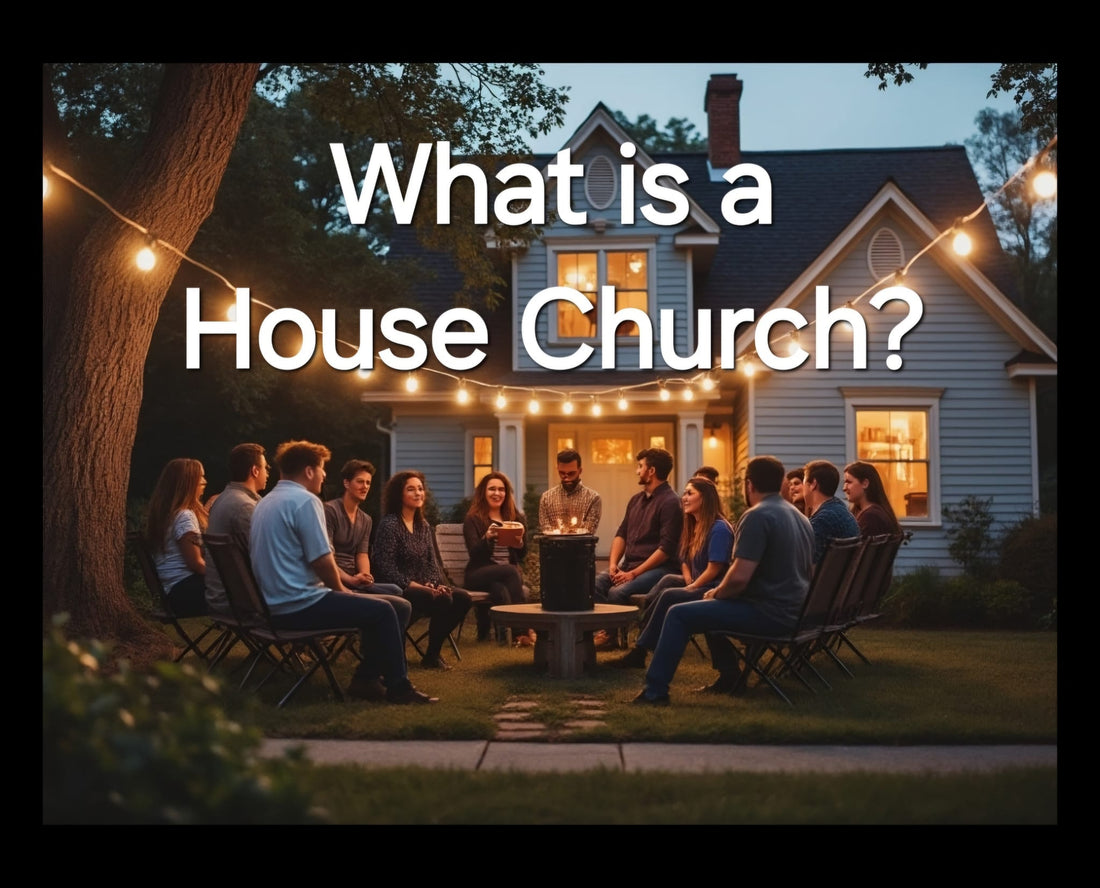
What is a House Church?
Daniel JusticeShare
A house church is exactly what it sounds like. A gathering of believers that takes place in a residential home rather than in a traditional church building.
The first Christian communities often met in homes due to persecution and the lack of dedicated church buildings. The New Testament frequently mentions churches meeting in houses (e.g., Romans 16:5, Colossians 4:15, Philemon 1:2).
In various periods of history, especially during times of persecution or in regions where Christianity was not the dominant religion, house churches were common for safety and simplicity.
Many modern house churches focus on creating a more intimate, family-like atmosphere where members can engage in deeper fellowship and discipleship. This setting often allows for more interactive and participatory worship, prayer, and Bible study.
Some Christians choose house churches as a reaction against what they perceive as the institutionalization, bureaucracy, or commercialization of traditional church structures. They seek a return to what is a more authentic form of Christian community.
In countries where Christianity is either illegal or heavily restricted, or in new mission fields, house churches are often the primary form of Christian gathering due to practicality and the need for discretion.
Leadership can vary widely. Some house churches have a designated leader or pastor, while others operate on a more egalitarian basis where leadership rotates or is shared among members.
While they might lack the formal structure of a traditional church service, house churches often include elements like prayer, worship (which might be singing, but often more informal), Bible reading, discussion, and sometimes communal meals.
They often emphasize community life, mutual care, and sometimes outreach or missionary work, though this might be more localized or personal.
In some places, house churches might face legal challenges or social stigma, especially if the state regulates religious gatherings or if the dominant culture views them with suspicion.
Maintaining a house church can be challenging due to the need for strong personal commitment from members, potential for burnout among leaders, and the lack of institutional support that larger churches might offer.
House churches represent a diverse movement within Christianity, driven by various theological, practical, and cultural motivations, aiming to recapture what many see as the essence of early Christian community life. In addition it's a great way to start a new church that isn't large enough to justify the expense of a permanent gathering place.
